Building capacity one IPPFORB academy at a time
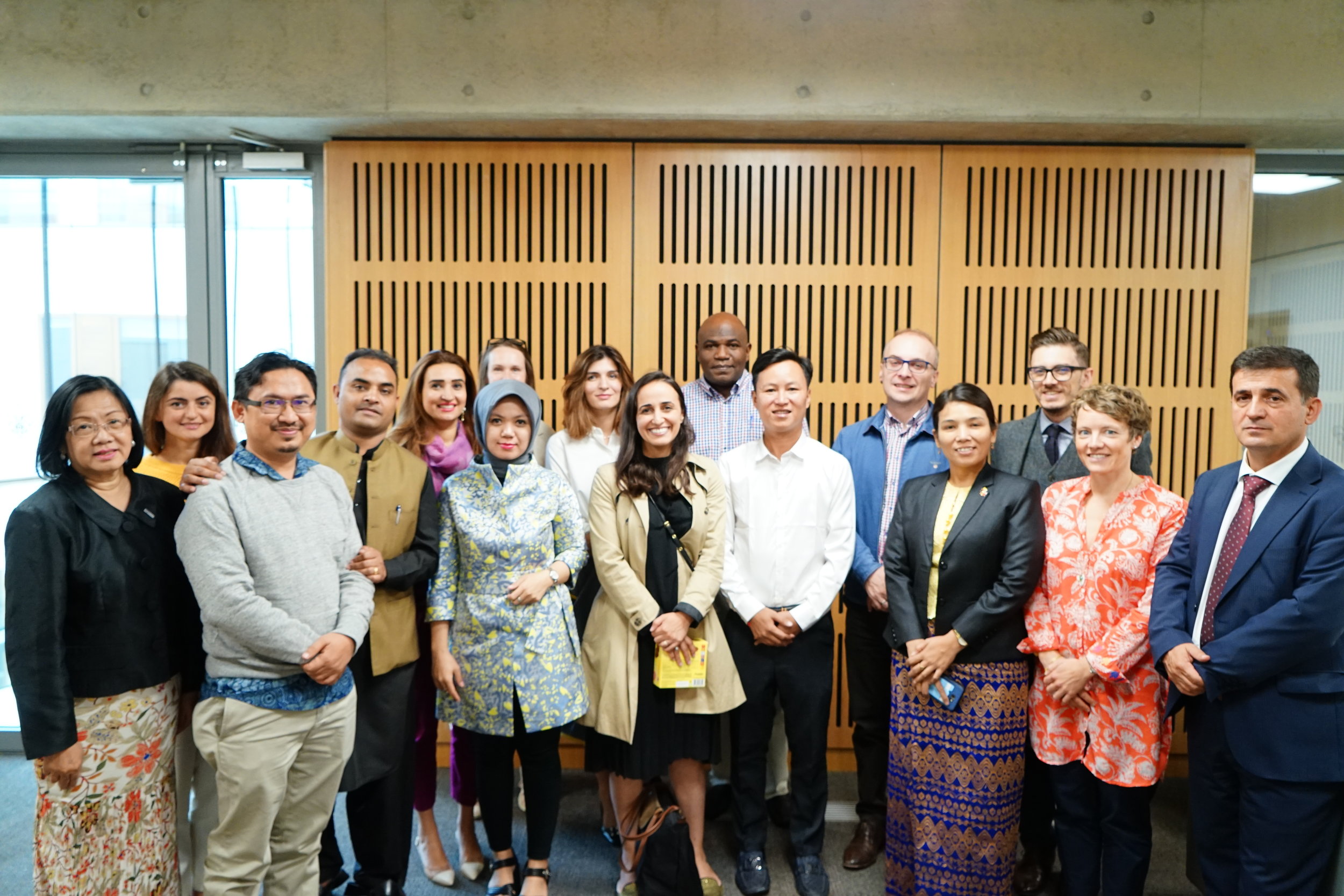
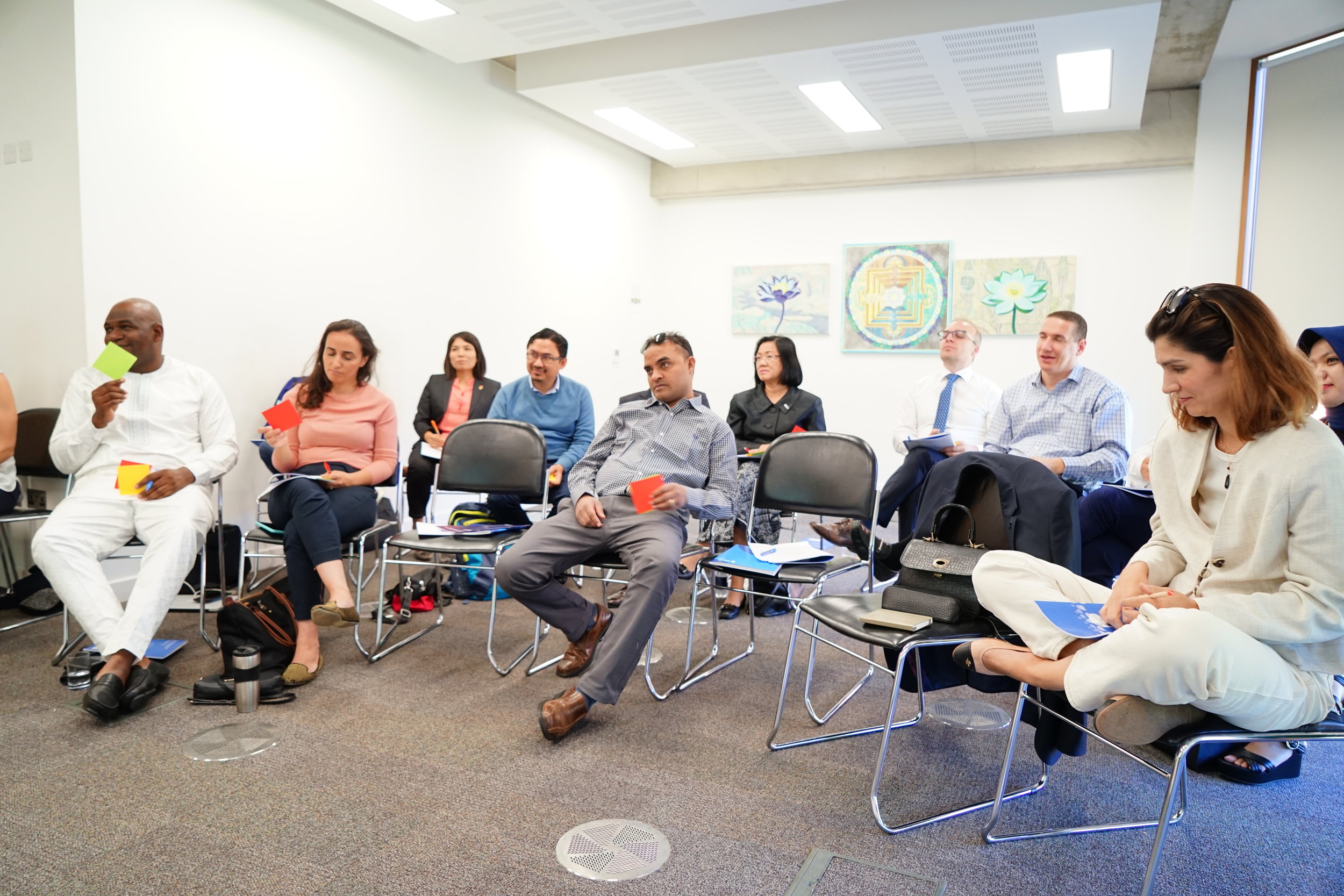
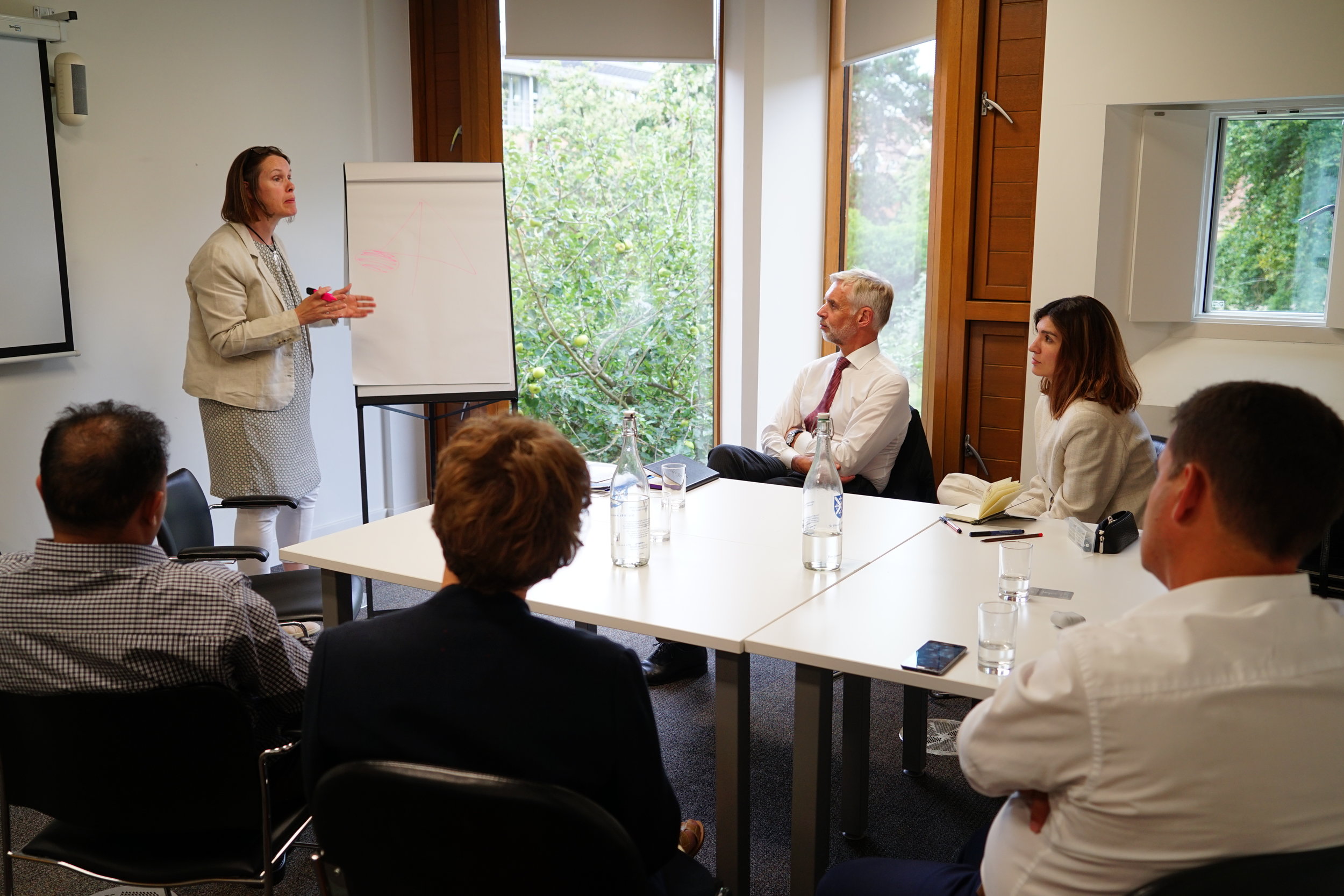
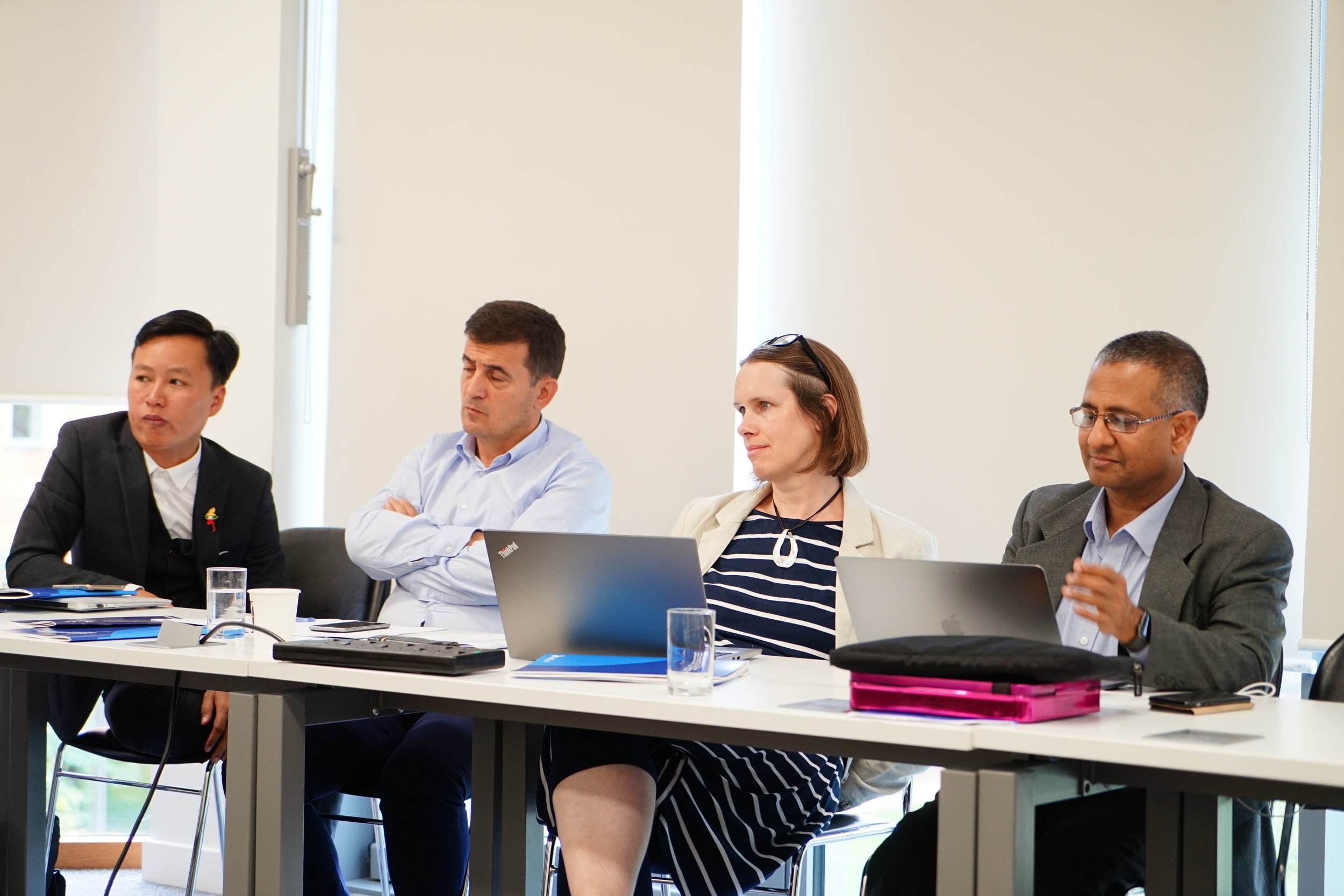
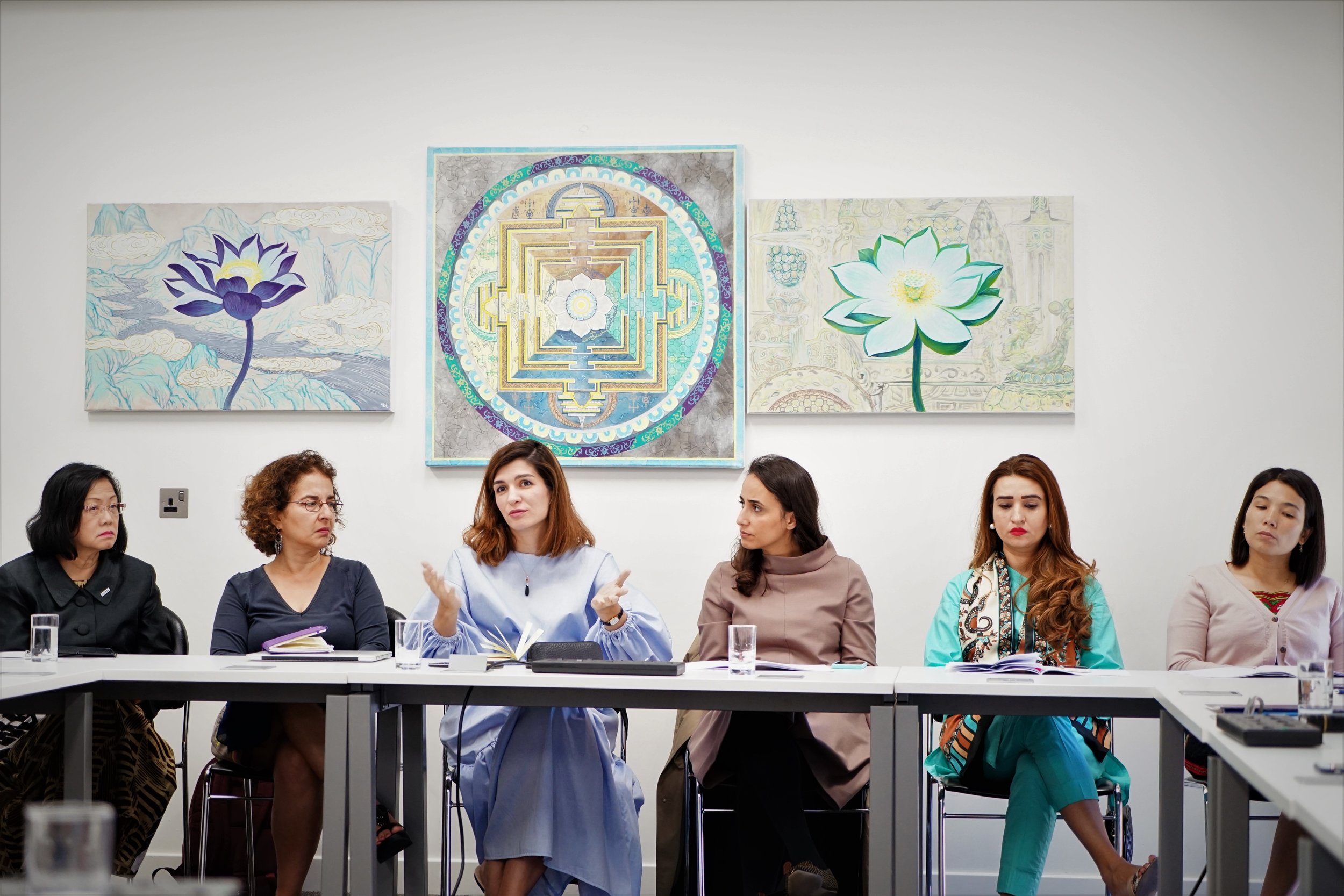
Maria Chin Abdullah, MP from Malaysia discussing the impact of hate speech in Mayalsia with MPs from Cameroon and Macedonia
From 2 to 4 September 2019, parliamentarians from Bosnia and Herzegovina, Cameroon, Malaysia, Macedonia, Myanmar, and Pakistan attended a the 2nd IPPFoRB Academy in Oxford, United Kingdom. This three-day residential training programme on Freedom of Religion and Belief (FoRB) aimed to build the capacity and knowledge of parliamentarians in the field of FoRB and deliberate various plans of action to advance FoRB protection at various levels.
“The session on FoRB, freedom of expression and hate speech was most important to me in providing practical guidance on how to identify hate speech correctly,” said Maria Chin Abdullah, Member of Parliament (MP) from Malaysia.
“Learning about the relevant international standards was also useful in knowing how to prohibit national, racial or religious hatred that constitutes incitement to discrimination, hostility or violence, without undermining the rights to freedom of expression.”
Vladimir Gjorcev, MP from Macedonia in talks with Ahmed Shaheed, UN Special Rapporteur on FoRB
During the training, parliamentarians learnt about concepts related to FoRB, and benefited from the expertise of experts and academics, including Ahmed Shaheed,the UN Special Rapporteur on FoRB and Katherine Cash from Swedish Misison Council. Participants also reviewed the intersectionality of FoRB with other rights, including freedom of expression and women’s rights and gender equality; and discussed other discourses, including on how to build inclusive societies, and secular and humanist perspectives.
The parliamentarians also got the opportunity to share their experiences of advancing FoRB in their countries with Baroness Elizabeth Berridge, House of Lords, UK and Steering Committee member of IPPFoRB.
“The Academy was not only held in one of the best university towns in the world, but it was taught by notable experts in the field. The international human rights knowledge that we have gained was utterly useful for parliamentarians working on FoRB advocacy at the national, regional and international levels,” said Vladimir Gjorcev, Macedonian MP.
The academy provided the parliamentarians with tools to develop short term and long term advocacy strategies in the promotion and protection of FoRB through various channels, including parliamentary mechanisms, special representatives, envoys or ambassadors, cross-party groups, caucuses or coalitions, regional human rights mechanisms, and civil society organizations. The tutorials by experts allowed the parliamentarians to further conceptualize their knowledge to their local contexts and discuss their individual plans of action to advance FoRB in their respective countries.


